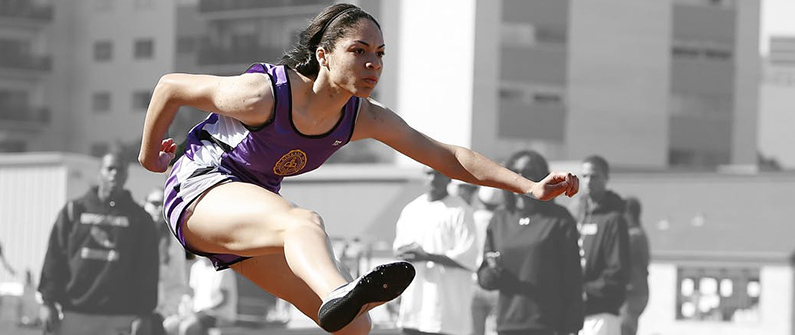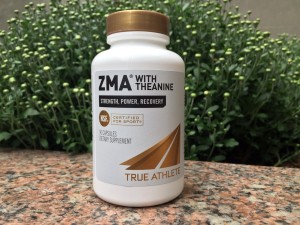
NBA superstar (now retired, I do pay attention to sports) and two-time MVP Steve Nash was famous for keeping a sleep journal. Michael Phelps — the most decorated Olympian of all time — slumbers in a special sleep chamber. These athletes are (or were, in their prime) among the best in the world, and they focused on sleep in order to ensure their bodies and minds were just THAT much better than the competition. Sleep is important for athletes, and we’re just beginning to understand why in new and exciting ways.
Sleep and the Athletic Body
There’s a whole lot we DON’T understand about sleep, and the relative lack of research on the subject is shocking considering that it’s an integral part of the human condition. There’s some research that suggests humans release more natural growth hormone when well rested, and sleep is also vital to nervous system recovery (often an underlooked part of athletic recovery). I can say anecdotally — and literally every athlete I’ve ever talked to about the subject will back me up here — that more sleep equals better performance. More specific performance indicators like strength output and reaction time are closely tied to adequate sleep.
Athletes and Sleep Supplements
 Some of my favorite — and the world’s most popular — sleep supplements were formulated specifically for athletes. For example, Driven Performance Labs’ Max Sleep is a personal favorite that’s very popular in the CrossFit and weightlifting crowds. It’s actually based around the general ZMA formula, a combination of zinc, magnesium, b vitamins, and (sometimes) l-theanine that was originally developed to aid athletic recovery.
Some of my favorite — and the world’s most popular — sleep supplements were formulated specifically for athletes. For example, Driven Performance Labs’ Max Sleep is a personal favorite that’s very popular in the CrossFit and weightlifting crowds. It’s actually based around the general ZMA formula, a combination of zinc, magnesium, b vitamins, and (sometimes) l-theanine that was originally developed to aid athletic recovery.
Read my full review an in-depth thoughts on ZMA here.
While the research behind ZMA suggests it may not actually aid muscular recovery on its own, athletes do feel better recovered when taking it. Why? Because the combo of ingredients aids sleep, and better sleep does lead to great muscular and neuromuscular recovery. If an athlete has less trouble sleeping, they’re going to enjoy more restorative rest and likely perform better on the playing field.
Athletes and Sleep Duration
So how much sleep do athletes really need? The answer is a frustrating “it depends.” But it’s probably safe to say the greater the physical demands of a body, the more sleep it will need to get back to baseline (or improve, in the case of muscle growth and protein synthesis). Athletes should aim for AT LEAST eight hours of deep, uninterrupted sleep per night, but nine or 10 hours is on the safer side. Any less, and you’re risking less-than-optimal recovery — which can mitigate your gains on the playing field and in the gym.
Famous Athletes & Their Sleep Schedules
To better understand sleep helps how top athletes perform, we’ve included a comprehensive list of professional athletes and their sleep schedule each night.
- Kevin Durant — 8 hours
- Usain Bolt — 8 to 10 hours
- LeBron James — 12 hours
- Steve Nash — 10 hours (plus naps)
- Michael Phelps — 8 hours (plus naps)
- Andy Murray — 12 hours
- Roger Federer — 11 to 12 hours
